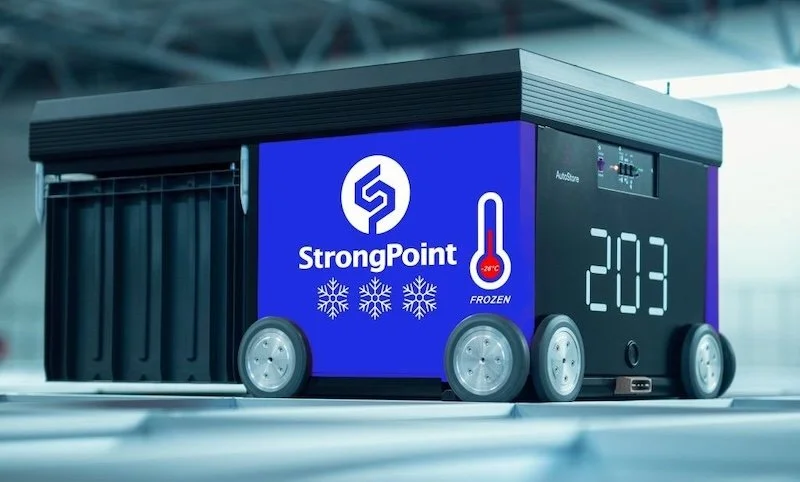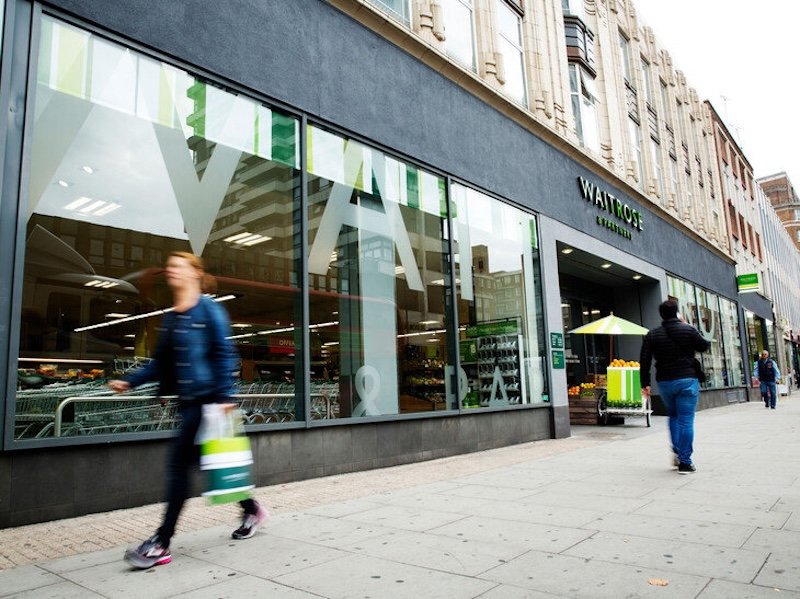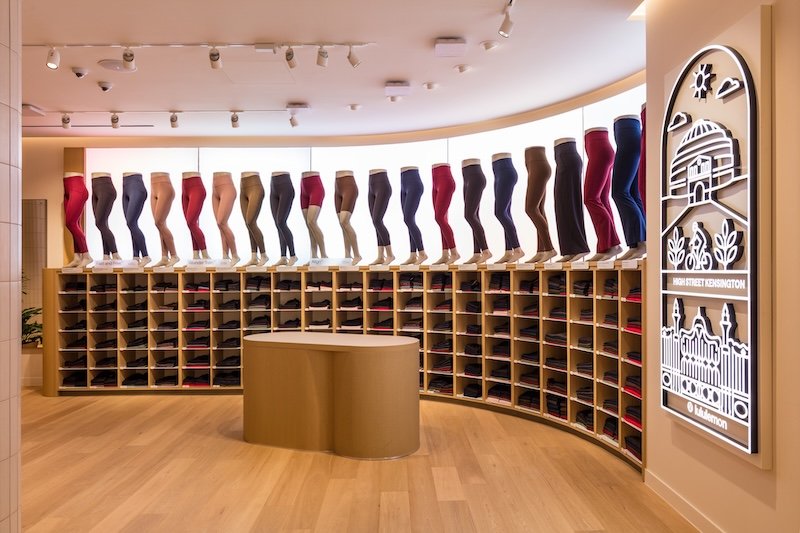How does retail fulfilment compare to the biopharmaceutical industry?
The retail and biopharmaceutical industries may seem worlds apart, but they share a common goal: delivering products to customers efficiently and effectively. Both industries rely on complex supply chains and distribution networks to ensure that their products reach the right people at the right time.
However, the nature of the products and the specific challenges faced by each industry mean that their fulfilment processes can look quite different.
In this article, we will explore the similarities and differences between retail fulfilment and biopharmaceutical fulfilment, and discuss how each industry can learn from the other to improve their operations.
Retail fulfilment
Retail fulfilment refers to the process of receiving, processing, and delivering orders to customers. This process typically involves several stages, including order management, inventory management, warehousing, and transportation.
Retailers must balance the need for speed and efficiency with the need to maintain high levels of customer satisfaction, as any delays or errors in the fulfilment process can lead to lost sales and damaged reputations.
One of the key challenges in retail fulfilment is managing inventory levels. Retailers must ensure that they have enough stock on hand to meet customer demand, but not so much that they are left with excess inventory that takes up valuable warehouse space and ties up capital.
This requires sophisticated forecasting and inventory management systems, as well as close collaboration with suppliers to ensure that products are available when needed.
Another challenge in retail fulfilment is managing the logistics of shipping products to customers. This can involve coordinating with multiple carriers and navigating complex shipping regulations, particularly for international shipments.
Retailers must also ensure that their products are packaged securely and attractively, as this can have a significant impact on customer satisfaction.
Biopharmaceutical fulfilment
Biopharmaceutical fulfilment, on the other hand, involves the production, storage, and distribution of biopharmaceutical products, such as vaccines, gene therapies, and other biological medicines.
These products are typically more complex and sensitive than traditional pharmaceuticals, requiring specialised manufacturing processes and strict temperature controls throughout the supply chain.
One of the key differences between retail and biopharmaceutical fulfilment is the nature of the products being handled. Biopharmaceutical products are often highly sensitive to temperature, light, and other environmental factors, meaning that they must be stored and transported under carefully controlled conditions.
This can involve the use of specialized packaging materials, temperature-controlled storage facilities, and dedicated transportation networks to ensure that the products remain stable and effective throughout their journey from the manufacturer to the end user.
Another key difference is the regulatory environment in which biopharmaceutical companies operate. The production and distribution of biopharmaceutical products are subject to strict regulations and oversight from government agencies such as the US Food and Drug Administration (FDA) and the European Medicines Agency (EMA).
These regulations are designed to ensure the safety and efficacy of biopharmaceutical products, but they can also create significant challenges for companies in terms of compliance and documentation.
One way that biopharmaceutical companies can overcome these challenges is by partnering with specialised contract manufacturing organisations (CMOs) that have the expertise and resources to handle the complex production and distribution processes required for biopharmaceutical products.
For example, biopharmaceutical contract manufacturing can help companies to scale up their production capacity, access specialised manufacturing technologies, and navigate the complex regulatory landscape more effectively.
Comparing retail and biopharmaceutical fulfilment
While there are clear differences between retail and biopharmaceutical fulfilment, there are also some similarities and areas where the two industries can learn from each other. For example, both industries rely on sophisticated supply chain management systems to ensure that products are available when and where they are needed.
Retailers can learn from the biopharmaceutical industry's focus on quality control and regulatory compliance, while biopharmaceutical companies can benefit from the retail industry's emphasis on customer satisfaction and efficient logistics.
One area where the retail industry has made significant strides in recent years is the use of technology to improve fulfilment processes. Retailers have embraced technologies such as artificial intelligence (AI), machine learning, and the Internet of Things (IoT) to optimise their supply chains, reduce waste, and improve customer satisfaction.
Biopharmaceutical companies can potentially benefit from adopting similar technologies to improve their own fulfilment processes, particularly in areas such as inventory management, demand forecasting, and transportation logistics.
Another area where the two industries can learn from each other is in the area of sustainability. Retailers are increasingly focusing on reducing the environmental impact of their operations, including efforts to reduce packaging waste, improve energy efficiency, and minimise the carbon footprint of their transportation networks.
Biopharmaceutical companies can also benefit from adopting more sustainable practices, particularly in areas such as energy use, waste management, and transportation.















Continue reading…